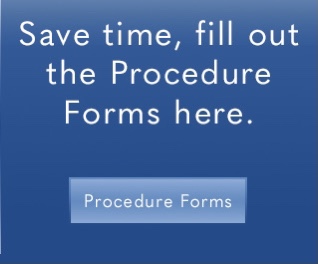All-on-four implants are designed to replace the teeth in a minimally-invasive procedure.
A relatively new treatment option, all-on-four implants are designed to replace an entire arch of missing teeth. During the procedure, four implants are placed in the upper or lower jaw, and a denture is attached to the implants. The result is a full set of replacement teeth that can be either removable or permanent, depending on your needs and preference. There are many benefits to choosing all-on-four implants, but it is important to understand that the treatment is not suitable for every patient. Read on to find out if the procedure is right for you, what it involves, and what alternatives are available if you are not a suitable candidate…
What are all-on-four implants used for?
The arches in the mouth refer to the upper and lower jaws where the teeth form a curve. If, for example, you are missing all of your natural teeth in the upper jaw, it means you are missing your upper arch. All-on-four implants are designed to replace an entire arch of teeth.
Who is suited to all-on-four implants?
You don’t necessarily have to be missing an entire arch of teeth to benefit from all-on-four implants, but the treatment is usually best suited to those who need to replace multiple teeth. You may have experienced significant tooth loss as the result of tooth decay, injury, or gum disease, for example, in which case the procedure may be an effective means of restoring your smile.
However, it is important to understand that you will undergo a thorough dental examination to determine if the treatment is right for you. Your dentist will discuss your medical and dental history with you and will take x-rays to assess the health of your jaw bones and any remaining natural teeth that you have. They will check for any underlying issues to ensure that you have enough gum tissue and bone to support the implants. Some health issues can affect one’s ability to heal after an implant procedure, in which case an alternative option may be recommended.
Who is not suited to the treatment?
If you have a history of poor oral health and/or you have an underlying health condition that could affect the healing process, your dentist may recommend that you consider an alternative to all-on-four implants. Patients with uncontrolled diabetes, for example, are not typically good candidates for the treatment, along with those with hypertension and certain autoimmune diseases.
If you have considerably damaged or missing jaw bone and gum tissue, all-on-four implants might not be right for you. If, for example, you have had missing teeth for a long time, your bone density may be too low to support any type of implant. Similarly, those with periodontal disease may not have adequate gum tissue to support implants.
What are the alternatives?
If you have any underlying issues related to your oral and/or general health, that means you are not a suitable candidate for all-on-four implants. The good news is that there is a range of other treatments that could work for you. Some of the possible options include single dental implants, full or partial bridges, and traditional dentures.
There are many health and cosmetic benefits to replacing missing teeth, so it is a good idea to consult your dentist if you would like to restore a damaged smile. Your dentist will assess your health before recommending a treatment that is right for you.
How can we help?
At City Smiles, we offer a range of restorative dentistry services, including dental bridges, dental implants, full-arch restoration, and all-on-four implants. If you would like to find out which treatment is most suitable for you, we encourage you to come in for a consultation and full dental assessment. To make an appointment at City Smiles in Melbourne, give us a call on 03 9654 6979 or contact us here.


